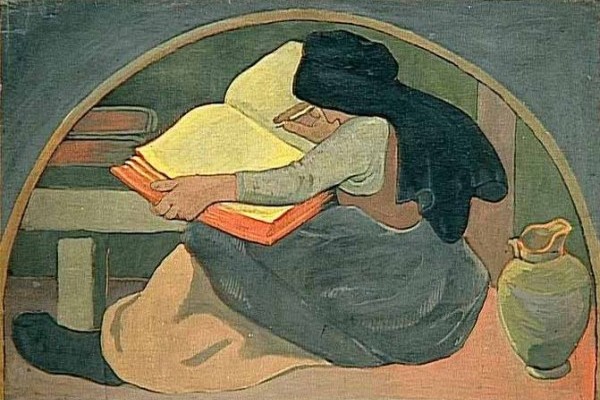Colleen Higgs—
Modjaji is a women’s press – but some people don’t realise that it is a women’s press – they look at the titles and just think, ‘these are all good writers’, which if you reverse the gender bias, might not be seen as unusual at all. In a way, I think that means Modjaji is doing something right.
But at the same time, I do have an activist sensibility. Very often women’s voices and experiences are sidelined. And Modjaji is able to publish things that don’t fit into well set commercial genres – Hester se Brood (Hester’s Book of Bread), for example, is about making bread and living in a small village in the Karoo. Many people loved it because she writes wonderfully, and her partner has done such beautiful drawings, but other publishers wouldn’t touch it because it was too weird.
The first novel I published, Tracey Farren’sWhiplash, is about a sex worker – and not a glamorous Belle-de-Jour type – it was rejected elsewhere, and it was not easy to get it stocked in stores here after it was published because of its subject matter. But then it was shortlisted for the Sunday Times Fiction Prize and all those reluctant stores had to stock it. Now it is being made into a film. The director, producer and Tracey Farren herself have been working on the film for several years in different ways. Tracey has written the script. The producer and director have been working hard to raise sufficient funds for the film.
I think Modjaji is a feminist press. And that’s to do with what’s going on in the world. Having lived through and enacted it, I think publishing only women writers is a hugely political act, particularly if you think about the way publishing is owned, media is owned, who gets to make the decisions, and how women are represented. Even in South Africa, where we have a great constitution, lesbians are violently attacked and in some cases murdered simply for their sexuality; all women live with fear of violence and abuse, and our rape statistics are horrific.
Women do have a different experience of different things – not necessarily just because they are women, but because of the way power is structured and filtered. There was a point, not so long ago, maybe 30 years ago, where married women couldn’t open a cheque account in South Africa, without permission from their husbands –women were treated as minors.
A bit of context: Modjaji Books is a small press that publishes books written by South African women. It is based in Cape Town. You just read what the founder, Colleen Higgs, has to say about what it means to think of Modgaji as a women’s press.
Check out the full interview HERE. It was conducted by Katie Reids for African in Words. Visit Africa in Words for more illuminating interviews.
Image via









Harry Owen August 22, 2013 03:38
Modjaji only publishes excellent writing. What else matters?